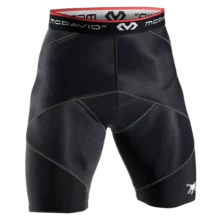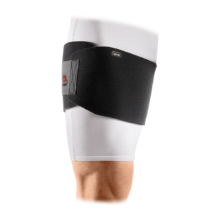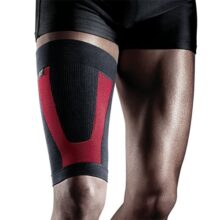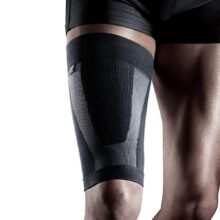Short de compression Cross avec Hip Spica
Se connecter pour obtenir les prix des revendeurs
The McDavid Cross Compression Short with HIp Spica combines the hamstring and quad support of a top quality compression short with premium hip flexor support from its hip spica component.






